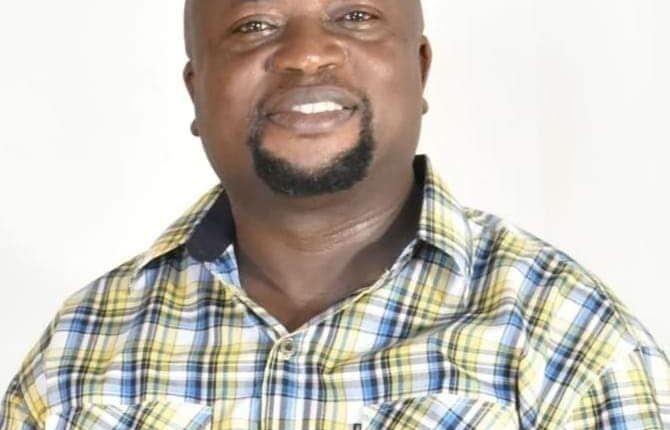Social media influencing is a growing and potentially lucrative business for young people in Kenya and increasingly, politicians come calling.
“People will know that you are pushing a hashtag, everyone on Twitter knows you are being paid to do it for a politician,” says Nick, a freelance writer and aspiring social media influencer from Nairobi.
“But politicians wouldn’t acknowledge publicly that they have paid an influencer to spread campaign messages. They try to make it look like they have nothing to do with it.”
With the fiercely contested presidential election on 9 August, many fear the system of paid-for influence can lead to manipulation and the spread of harmful narratives.
Nick, in his mid-20s, started marketing brands online to earn some extra cash while studying or looking for a job.
As he gained followers, betting companies, TV stations, people looking to launch a product approached him to promote them on Twitter. He was also offered some political work, where he can earn 1000ksh (about £7) for a few hours’ work – a better daily wage than most casual jobs.
Nick says he prefers promoting brands he likes, rather than politicians, but would tweet support for a candidate for whom he wouldn’t vote.
“Personally as long as they are not promoting anything negative or violent or tribal I don’t mind. Who says no to extra money?”
However, for the parties and candidates it is a serious business.
“It’s a huge activity. During the political season billions exchange hands,” says Gordon Opiyo, a long-time political consultant, who is working with clients supporting deputy president and candidate William Ruto.
Gordon says for people hired by clients to plan the campaign, the first task is to recruit a group of so-called microinfluencers – anyone with between 10,000 and 500,000 followers. They then create a group chat and outline the strategy, where instructions for the hashtags, photos and talking points to be used are distributed.
The aim is to control the narrative around a particular candidate or topic, and bypass the mainstream media by going straight to social media.
Users working in groups of up to 200 often acquire dummy accounts to promote a particular hashtag, which tend to be used to generate traction around more divisive topics.
Experts say that almost every attempt to get a political hashtag trending is probably paid for.
“If you see content with a hashtag you know the end game is to make the hashtag trend,” says Brian Obilo, who has researched these networks for the Mozilla Foundation in Kenya.
“They may claim the tags are used to mobilise supporters, but if you look at accounts driving the tags, you’ll see the accounts are complicit with spreading disinformation online. You’ll know someone is bankrolling it.”
Politicians tend to keep their distance throughout, Gordon says.
“The main sponsors are usually detached. You’ll never get them having any formal contract… because they know that it is a very grey area.”
According to Code for Africa’s iLAB, a team conducting early warning detection of hate speech and co-ordinated disinformation campaigns, the hashtag #RutoMalizaUfungwe (in English: “[Deputy President] Ruto finish your term and go to jail”) was the number one trend on Twitter after being promoted by a core of new seemingly fake accounts.
Many of them referenced the post-election violence of 2007, which led to Mr Ruto’s trial at The Hague, and some posts contained hate speech.
Source: BBC


Comments are closed.